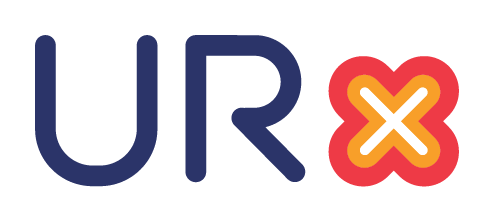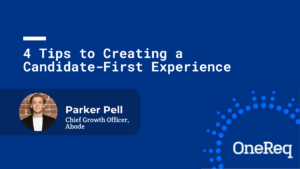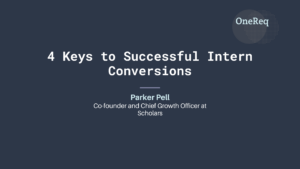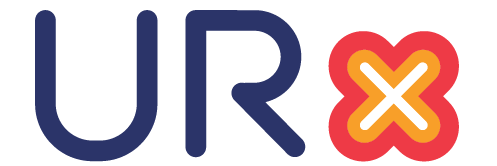BY: Parker Pell
Generation Z, born between 1997 and 2012, is entering the workforce with new expectations and demands. As the first generation to grow up entirely in the digital age, they have unique perspectives on what they want from their employers.
Abode co-founder Parker Pell tapped the insights and opinions of Monica Ipong, Director of Global UR at Crowdstrike, and Natalie Sannes, Research Coordinator at dcdx, to speak about Gen Z’s impact in the workplace. Both Monica and Natalie help unpack the four key tenets that drive Gen Z in the job-seeking process and explored what it means for employers who are looking to build a successful workforce for the future. Below, we recap the virtual discussion:
The importance of expectations
Salary expectations and career pathing expectations are two, equally weighted areas of expectations but expectations can also encompass relocation details, start and end dates, flexibility around time off, hiring timeline, and more. “Expectations relate to ‘what am I going to have to do?’” Natalie defines. Monica acknowledges that times have changed, and candidate expectations have shifted, too. “Gone are the days of having a thousand applicants and letting them sit there for a few months,” she explains. “Now, students care that you are transparent and communicate.”
Transparency = trust
For Natalie, who identifies as a member of Generation Z, transparency is key around topics candidates may not have control over but are still expected to know, such as salary and benefits, timeline, or growth opportunities. For Crowdstrike, it means running frequent feedback and focus groups to better serve the next cohort’s intern class. Using feedback helps fill in the blind spots for Monica and her team to understand what questions incoming interns may have or what they can do to better prepare the next cohort of candidates. As both Monica and Natalie quipped, “Gen Z wants to know anything you can’t Google!”
Respect drives relationships
Monica and Natalie agreed that the third key tenet, respect, drive the relationship between Gen Z candidates and companies. Noted Natalie: “it encompasses respecting overall boundaries and work-life balance, but also feeling valued.” Supporting mental health has a lot to do with respect, said Monica. “Gen Z has the courage to bring mental health to the table,” she adds. Ensuring candidates see their impact, value, and contributions while balancing an ability to take time off to rest and recharge is key.
Connections are crucial
With remote and hybrid workplaces the new normal, it’s important to invest in connecting incoming interns or new hires to one another – and the larger team. “You have to be very intentional about creating connections and communities,” says Monica, whose team works across global time zones and in remote format. Hosting fun events and providing more frequent communication can help candidates not only feel prepared and confident but plugged in.
For more insights, click here to watch the full webinar or here to download the full Gen Z report and learn more about the impact and importance of the newest generation in the workplace.
About the Author
Parker Pell is a Co-Founder at Abode, an early-career communication and engagement platform. As an undergraduate, Parker and his two co-founders experienced the inefficiencies that plagued entry-level job recruitment. Recognizing the need for change, Abode has evolved into helping companies such as eBay, Lyft, and Elevance Health provide more engaging, candidate-first experiences. Parker earned a BS in Economics from Rhodes College.








